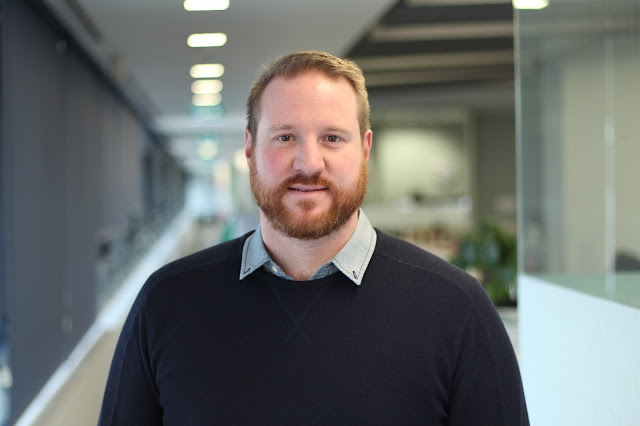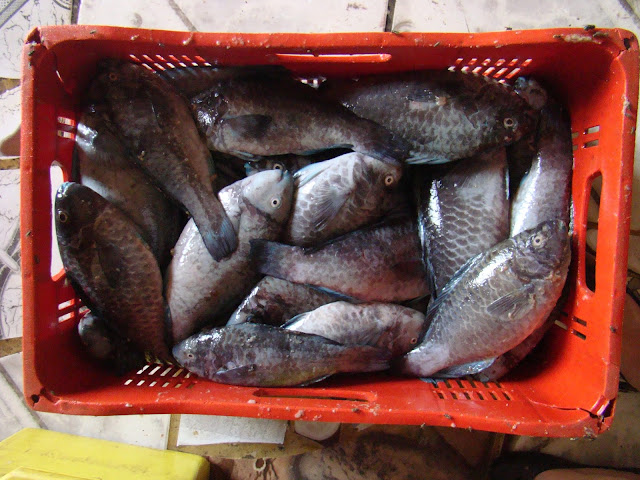Interview with Christopher Cvitanovic #oceanoptimism

Dr Chris Cvitanovic is an Interdisciplinary Research Fellow specialized in knowledge exchange, stakeholder engagement and the governance of marine resources, working at the Centre for Marine Socioecology at the University of Tasmania. Contrarily to most researchers we interview, Chris also has experience working for the government, which gives him a unique approach and understanding of science and policy making, which he certainly shares with enthusiasm and a good dose of humor. FEME: How do you think that social sciences could better interact with environmental sciences? Chris: I think that both disciplines already have an appreciation of each other, but unfortunately, this doesn’t always translate into more integrative and interdisciplinary research. I think that researchers need to work towards understanding what each discipline can do by accepting their own limitations, by respecting their differences, and by trying to negotiate the way that the individuals can wo...





